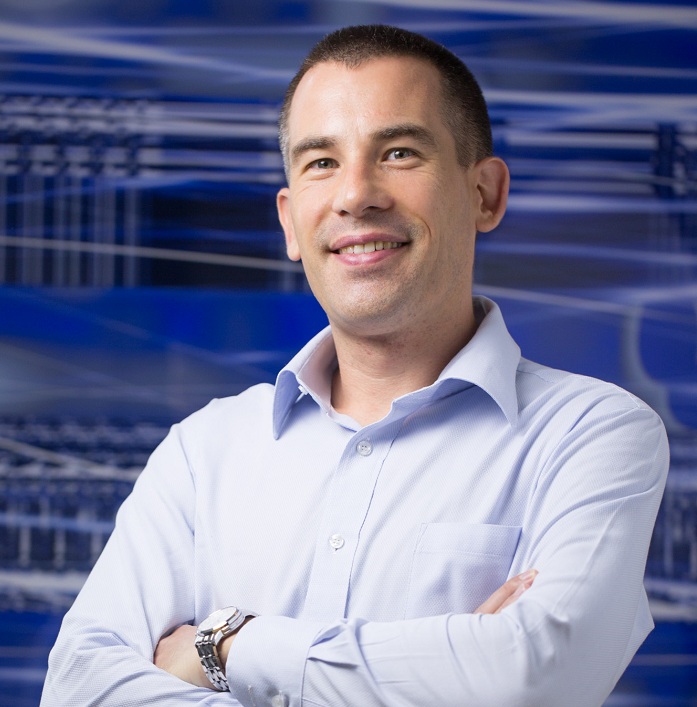Iris Capital’s Nicolas du Cray Talks About China’s Ecosystem and Gives Advice To Hong Kong Startups
Having lived and worked in Beijing’s entrepreneurial ecosystem for 11 years, investor Nicolas du Cray is no stranger to the Chinese startup scene.
As a venture partner at Iris Capital (a Parisian VC firm that has opened an office in Beijing in 2012), Nicolas is deeply involved in backing growth-stage tech companies within the Greater China region.
As a quick back story: when Orange (a pan-European telecom company) and Publicis Groupe (a global PR and advertising firm) decided to go the venture capital route, they asked Iris Capital to manage their international fund – and that’s when Nicolas joined their new office as a venture partner.
In his journey through China’s startup landscape in the past decade, Nicolas speaks volumes about the country’s entrepreneurial spirit. “China is a place that surprises you every day, even if you’ve been living here for 11 years,” said Nicolas. “And the same goes for the people here: Chinese people have the capacity to adapt to change, and that really impresses me.”
When Nicolas first arrived in Beijing, he fondly remembers meeting with then fledgling startups such as Baidu, now a search engine giant worth tens of billions of dollars in its valuation. Actively supporting China’s startup scene back then has allowed Nicolas to compare it to the thriving ecosystem that it has grown into today.
“The ecosystem has changed significantly, there’s a lowered barrier to entry for setting up businesses in China – and this is supported by a large availability for angel capital,” said Nicolas. “So there’s a huge mass of seed-level companies, but once you arrive at the B round – good companies get very rare so the deals get very competitive at that point.”
Like other investors, Nicolas is interested in startups with a scalable product and global ambitions, and Shanghai-based CooTek (which made TouchPal Keyboard, an Android dialer that supports 50 languages) was a prime example of a company he was happy to invest in.
“They were able to add new software features much faster than the competition. They really truly have a world class product.” said Nicolas. Besides CooTek, Nicolas also invested in Yodo1, a Beijing-based mobile games publisher, which puts out games in both China and the international market.
Besides calling Beijing home, Nicolas also makes bi-monthly trips into Hong Kong and is impressed by the co-working spaces, accelerator and venture programs such as Startmeup. “Hong Kong is a great place for startups because it’s got the talent, the universities, research resources and infrastructure to develop the core technology that startups can use,” said Nicolas. “It’s got a great IT infrastructure for internet and telecom and it’s got the perfect business environment – so this is all very positive.”
Despite its advantages as a startup hub, Hong Kong faces a number of roadblocks. Nicolas says along with opportunity cost (working at a bank vs. startup), high risk aversion, small local market and visa restrictions, the biggest barrier to building a tech startup is the lack of angel support.
“Hong Kong has all the high net worth individuals it needs to invest in startups at the seed stage, but there are still not enough mentors or former entrepreneurs to lead this big wave of angel investment,” said Nicolas. As a member of AngelVest, he says that the group has recently launched a chapter in Hong Kong and they hope to nurture the local angel investment ecosystem – although it may take some time to develop.
While change is underway, Nicolas urges Hong Kong startups to be especially ambitious and to aim for a global market when building their products.
“Today, innovation has no border. Capital has almost no border. Talents still has limitations depending on which countries are able to welcome them in. But to trigger the interest of VCs, companies need to have global projects and ambitions.”
Iris Capital on Startbase.HK: Iris Capital
Nicolas du Cray on Startbase.HK: Nicolas du Cray

